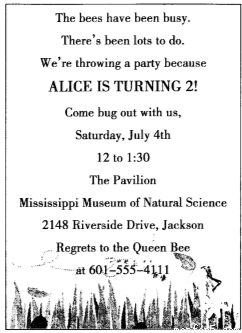题目内容
The UN weather agency warned on Tuesday there was a good chance of an "El Nino" climate phenomenon in the Pacific Ocean this year, bringing droughts(干旱) and heavy rainfall to the rest of the world.
The World Meteorological (气象的) Organization (WMO) said its modeling suggested a "fairly large potential for an El Nino, most likely by the end of the second quarter of 2016".
The El Nino phenomenon occurs every two to seven years, when the trade winds that circulate surface water in the tropical (熟带的) Pacific start to weaken.
WMO pointed out Tuesday that since last December, trade winds had weakened and there had been a significant warming of the waters below the surface in the central Pacific.
“While there is no guarantee this situation will lead to an El Nino event, the longer the trade winds remain weakened, and subsurface temperatures stay significantly warmer than average, the higher chances are," it said.
Two thirds of climate models predicted that the phenomenon would begin sometime between June and August, with one-fifth suggesting it could start as early as May, and the remaining predicting no El Nino this year, it said.
It is often followed by a return swing of La Nina, which is characterized by unusually cool ocean surface temperatures in the central and eastern tropical Pacific.
"El Nino has an important warming effect on global average temperatures," Jarraud cautioned, stressing that combined with warming from greenhouse gases such events had "the potential to cause a sharp rise in global average temperature".
1. It can be inferred from the first two paragraphs that -'
A. a weather agency warned an "El Nino" would appear on Tuesday
B. WMO showed an El Nino would probably happen by June in 2016
C. an El Nino would bring heavy rainfall to the Pacific Ocean
D. The phenomenon of El Nino happens every seven years
2.What does the underlined phrase "this situation" in Paragraph 4 refer to?
A. Cool ocean surface temperatures in the central and eastern tropical Pacific.
B. A significant warming of the waters below the surface in the central Pacific.
C. Trade winds that circulate surface water in the Pacific.
D. Heavy rainfall in different areas all over the world.
3.According to the text, what might be the percentage of no "El Nino" this year?
A.13%. B.20%. C.67%. D.87%.
 阅读快车系列答案
阅读快车系列答案

 A
A